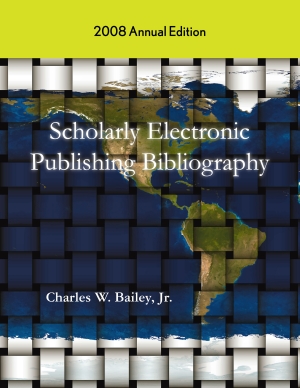The Howard-Tilton Memorial Library at Tulane University is recruiting a Web Services Librarian.
Here's an excerpt from the ad:
The Web Services Librarian is an innovative and service-oriented librarian who takes overall responsibility for the Library’s main website, including oversight of content and design; plans future redesigns and innovations to the site; engages in usability testing and other assessments of the website; and coordinates and facilitates the development of access to web content and services from library departments. The librarian works closely with a Web Steering Committee comprised of representatives from units around the library, and supervises a full-time web programmer. This librarian also coordinates digitization projects library-wide, setting standards for the creation of content and metadata, and represents the library to other groups around campus and the region engaged in the creation of digital collections. Reporting to the Director of Public Services, the librarian shares reference duties with other librarians and participates in the library’s instruction program. The librarian may also participate in collection development.

